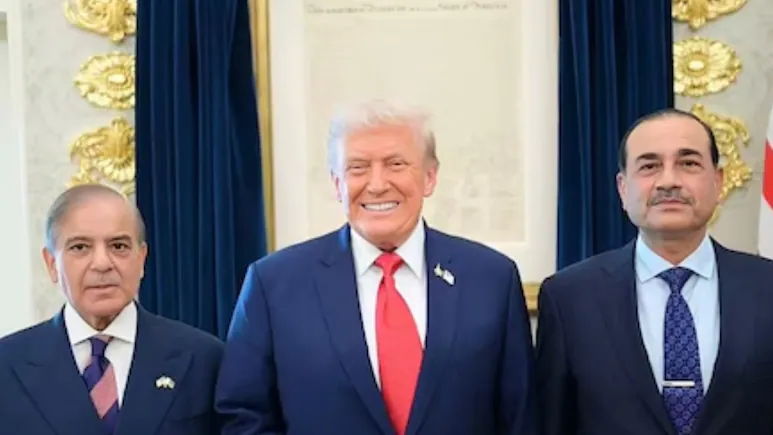Pakistan has clarified that it did not support the final version of the 20-point Gaza peace plan recently unveiled by U.S. President Donald Trump, despite the American leader publicly praising Islamabad’s role in backing the proposal. The clarification follows widespread criticism inside Pakistan over the government’s perceived endorsement of the controversial plan.
Speaking before parliament on Friday, Pakistani Foreign Minister Ishaq Dar stated that the final plan announced by Washington differed significantly from the draft that had been proposed earlier by a coalition of Muslim-majority countries. “Changes were made in the plan,” Dar told lawmakers. “I have made it clear that these 20 points, which Trump has made public, are not ours. These are not the same as ours. I say that some changes have been made in it, in the draft we had.”
The remarks came just days after President Trump announced his peace initiative to end the war between Israel and Hamas, claiming that both Prime Minister Shehbaz Sharif and Army Chief Field Marshal Asim Munir were “100 per cent” behind the proposal. The plan mandates Hamas to disarm and establishes a “Board of Peace” chaired by the U.S. President to govern Gaza. It also outlines a phased Israeli withdrawal, hostage swaps, and reconstruction funded by Arab states. However, the proposal provides no clear timeline for the establishment of a Palestinian state, a key sticking point for critics.
Following Trump’s announcement, Prime Minister Sharif welcomed the plan and reiterated Pakistan’s support for a two-state solution. In a post on X, he stated, “I am also convinced that durable peace between the Palestinian people and Israel would be essential in bringing political stability and economic growth to the region.”
The reaction inside Pakistan, however, was swift and critical. According to Dawn newspaper, politicians, analysts, journalists, and civil society figures condemned the government’s stance, describing it as a “surrender.” Former diplomat and author Abdul Basit told the publication, “This is a complete surrender by the Muslim world. They can’t even mention a Palestinian state with East Jerusalem as its capital.” He questioned why Sharif would support the plan “knowing full well that it is literally ruling out any possibility of creating a state of Palestine.”
Religious and political leaders also voiced opposition. Allama Raja Nasir, leader of the Majlis Wahdat-i-Muslimeen (MWM) party, called Trump’s proposal a “flawed and unjust plan that disregards the rights and aspirations of the Palestinian people.” He criticized the process as secretive and exclusionary, saying it “imposes a U.S.-centric solution that prioritizes Israeli interests over Palestinian justice” and is vague on the issue of Palestinian statehood.
The controversy underscores the delicate position of Pakistan’s leadership, which faces the dual challenge of maintaining international diplomatic relations while responding to intense domestic pressures regarding its stance on the Israeli–Palestinian conflict.

